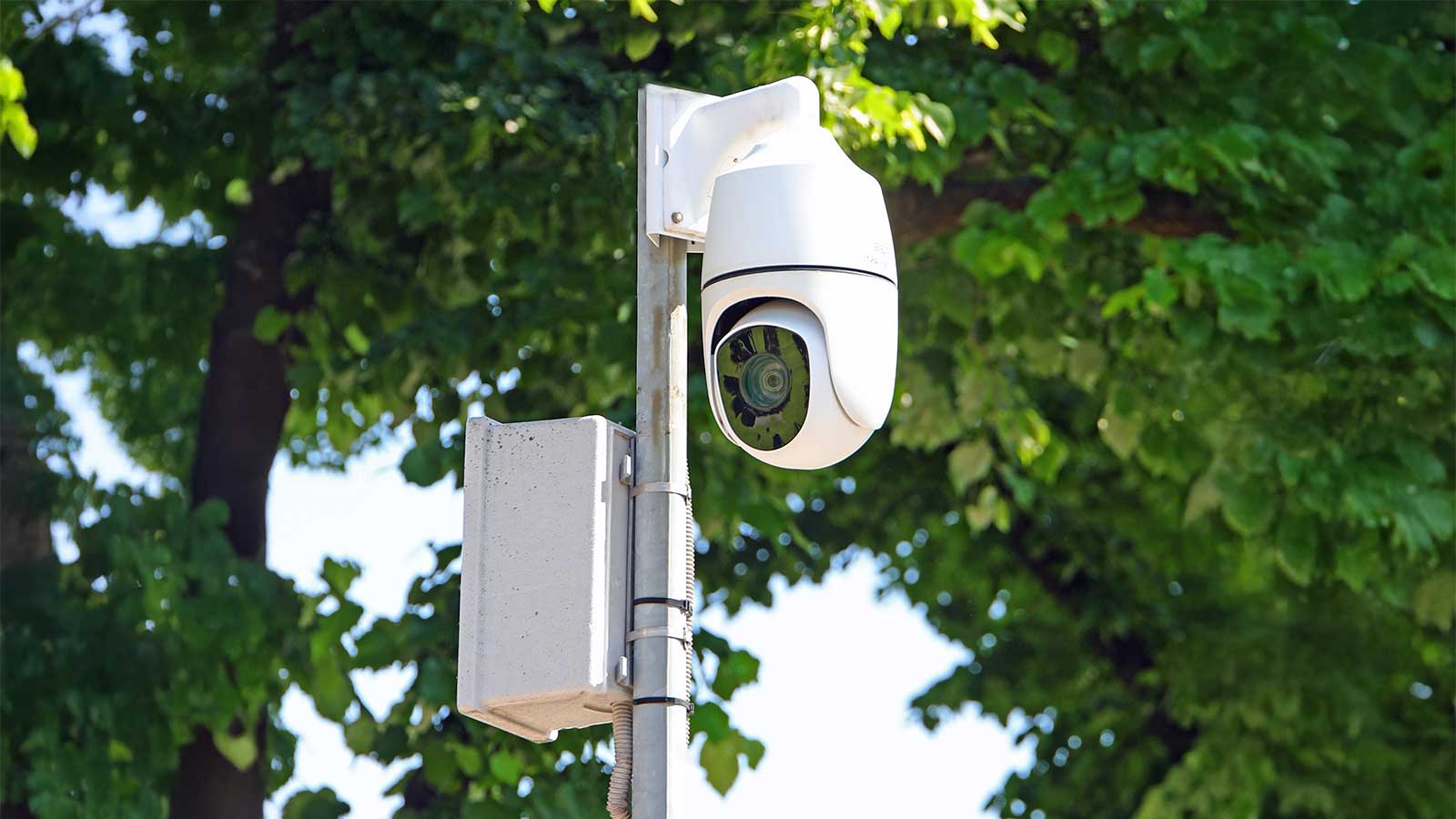As the GCC countries become increasingly urbanized, attractive to tourists, and hosting significant global events, governments need effective and efficient public safety solutions at scale. Elsewhere, governments are deploying artificial intelligence (AI)-enabled video monitoring in public spaces. These systems improve public safety in a cost-effective way. They entail costs to install and operate, but our analysis shows that governments can monetize the data from CCTV systems thereby reducing the overall investment by up to 30%. In that way, these systems can help municipal and national governments create smarter, safer cities for residents and visitors alike while reducing the funding requirements from government agencies.
The growth in visitors has been remarkable, demanding new security requirements. Saudi Arabia’s Vision 2030 set a goal of 100 million tourists—which it has already surpassed, seven years ahead of schedule.[1] The UAE seeks 40 million tourists by 2031.[2] Simultaneously, there is a push to host high-profile events. In addition to the 2022 FIFA World Cup in Qatar and several Formula One Grand Prix races each year, the GCC now holds professional golf, tennis, motorsports, and basketball events. Saudi Arabia will host the 2034 World Cup.[3] In addition to sports there has been Expo 2020 Dubai and LEAP in Riyadh. Saudi Arabia also has the annual pilgrimages, which involved close to 29 million people in 2023.[4]
While video technology is not new, it previously required active, manual monitoring by employees. Today, AI can support that process, with algorithms detecting anomalies and automatically triggering the appropriate response. These systems also serve as a deterrent, preventing crimes before they can happen.
The challenge is to deploy this technology in a scalable and effective manner. AI-enabled security requires considerable capital investment to install, and ongoing spending for operation and maintenance. For example, a system of approximately 200 cameras in a small area can cost $650,000 to $1 million over the entire lifetime of the system—$3000 to $5000 per camera.
The answer is to monetize the data streams from these systems in line with three priorities. If GCC authorities take these steps, our research shows that several applications already used in other markets could reduce the funding requirement for deploying and operating AI-empowered CCTV solutions by 30%.
-
Utilize public surveillance data
Authorities should use traffic and municipal applications as a baseline. Initial frameworks are already in place that allow governments to monetize public surveillance data — though they will likely be refined over time. Use cases include detecting traffic violations such as speeding or driving through red lights, along with municipal violations like public littering or illegal waste dumping. Most systems can automatically issue citations and levy fines, which generate income that funds system implementation and operation. In Saudi Arabia, local authorities have deployed various AI-enabled systems to detect traffic violations.[5]
Traffic management is another monetization opportunity. AI-powered CCTV systems can collect tolls through automatic number plate recognition systems, detect traffic incidents, and determine liability for insurance companies. For example, Transport for London generated approximately $2 billion between 2003 and 2017 by installing CCTV cameras to impose fees on vehicles that are driving or parking in the most heavily congested parts of the city.[6] -
Drive retail innovation
Authorities should consider retail applications. Beyond traffic applications, the information gathered and processed by AI computer vision algorithms, combined with big data analytics, can enable new use cases for the retail sector. Currently, tech players like StrataVision are using AI-powered computer vision platforms to build insights based on public CCTV video feeds, enabling retailers to track customer journeys and tailor product selection and marketing efforts based on demographics and behavior patterns.[7] Such use cases create economic opportunity and can stimulate innovation if governments release anonymized data sets in compliance with proper data governance.
-
Ensure privacy and security
Authorities should proactively address privacy implications. For these and other AI applications, governments need to address the implications of monetizing public data. Concerns vary widely by market. At a minimum, authorities should comply with existing or newly implemented data privacy regulations and standards, and adapt as those regulations develop. In addition, authorities should strengthen their defenses against cybersecurity attacks, particularly given the wealth of information they are collecting and the government’s responsibility as a steward of data.
GCC countries are growing fast and are a significant destination for international visitors. Through proper data monetization, governments can deploy AI-enabled public safety systems at scale and in a cost-effective way—creating safer cities throughout the region.
This article originally appeared in 'Security Middle East', January 2025.
In the news
Protect & profit: AI’s data dividend
The convergence of artificial intelligence and vast data streams is creating a new era for public safety, offering unprecedented opportunities to prevent crime, respond to emergencies more effectively and optimise resource allocation. .

Contact us


















Menu